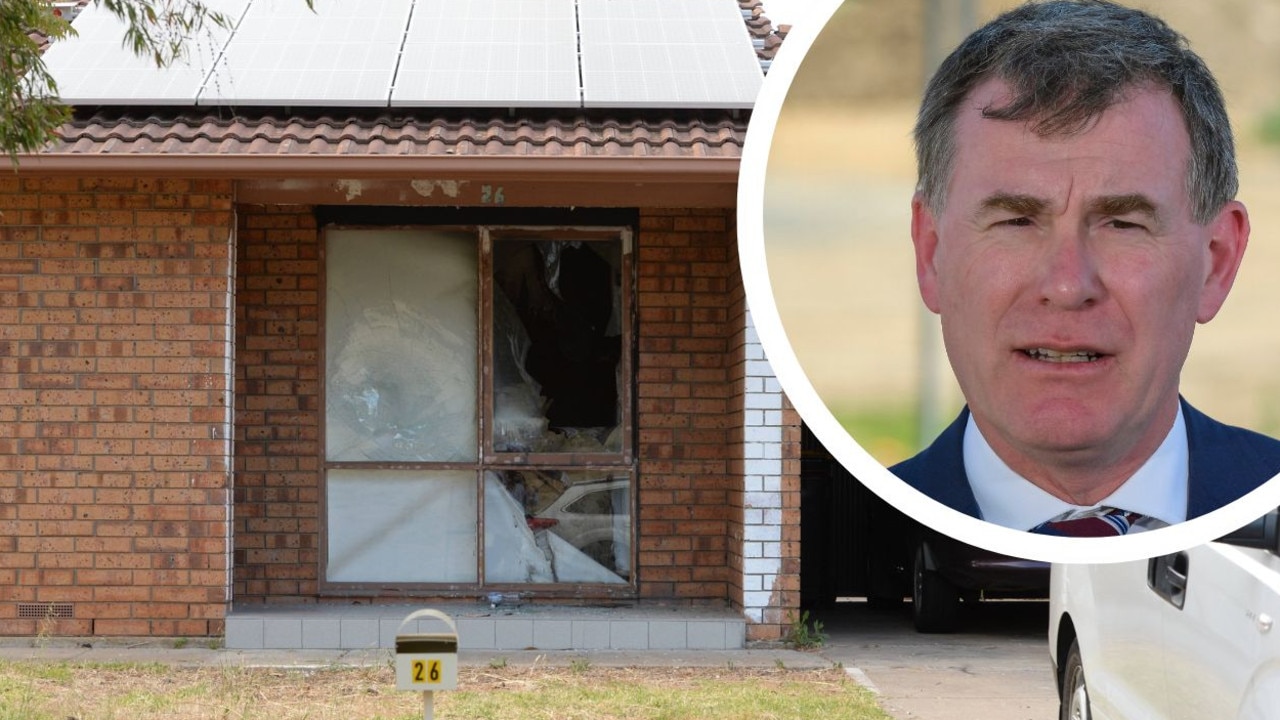South Australian ministers’ code of conduct changed to forbid sexual harassment
State ministers have been explicitly forbidden from engaging in sexual harassment in top-level reaction to scandalous parliamentary behaviour.

SA News
Don't miss out on the headlines from SA News. Followed categories will be added to My News.
State ministers have been explicitly forbidden from engaging in sexual harassment under code of conduct changes imposed after revelations of scandalous parliamentary behaviour.
Premier Steven Marshall has unveiled the first stages of his government’s response to a damning Equal Opportunity Commission inquiry, which found 27.1 per cent of respondents to a confidential survey reported they had experienced sexual harassment in the parliamentary workplace.
This included allegations of indecent exposure, assault and sexual suggestions by MPs and their staff.
Attorney-General Vickie Chapman also will draft legislation recommended by the inquiry, which includes demanding employers have “a positive obligation to prevent workplace sexual harassment” and handing enforcement and investigatory powers to the Commission.
It is understood the Ministerial Code of Conduct change is designed to make it abundantly clear that harassment is not acceptable by imposing penalties, including losing a Cabinet position.
“Above and beyond what was recommended by the Equal Opportunity Commissioner in her review, Cabinet on Tuesday approved an amendment to the Ministerial Code of Conduct to make explicit that ministers must not engage in sexual harassment or other forms of discriminatory behaviour,” Mr Marshall said.
Federal Finance Minister and SA Senator Simon Birmingham on March 5 announced a similar review of federal parliamentary workplace culture.
Deputy Opposition Leader Susan Close welcomed strengthened measures to stop sexual harassment or discrimination, saying Labor had introduced a sexual harassment policy in 2019.
The state Equal Opportunity Commission report – released on March 3 – concluded that “sexual and discriminatory harassment is prevalent in the parliamentary workplace”.
Ms Chapman’s proposed legislative changes to be considered by Cabinet, once drafted, will focus on the review’s three recommendations requiring State Government action. These were:
FORMING a centralised human resources unit to provide services across the parliamentary workplace. “Peopleand culture” services would include developing a workplace training program.
CHANGING the Equal Opportunity Act to allow sexual harassment complaints to be referred to the Speaker or Upper House President only when an MP claims parliamentary privilege and the complainant consents to the referral.
REVIEW whether to change laws to make employers have a “positive obligation” to prevent harassment and ensure the Equal Opportunity Commissioner has adequate investigatory and enforcement powers.





